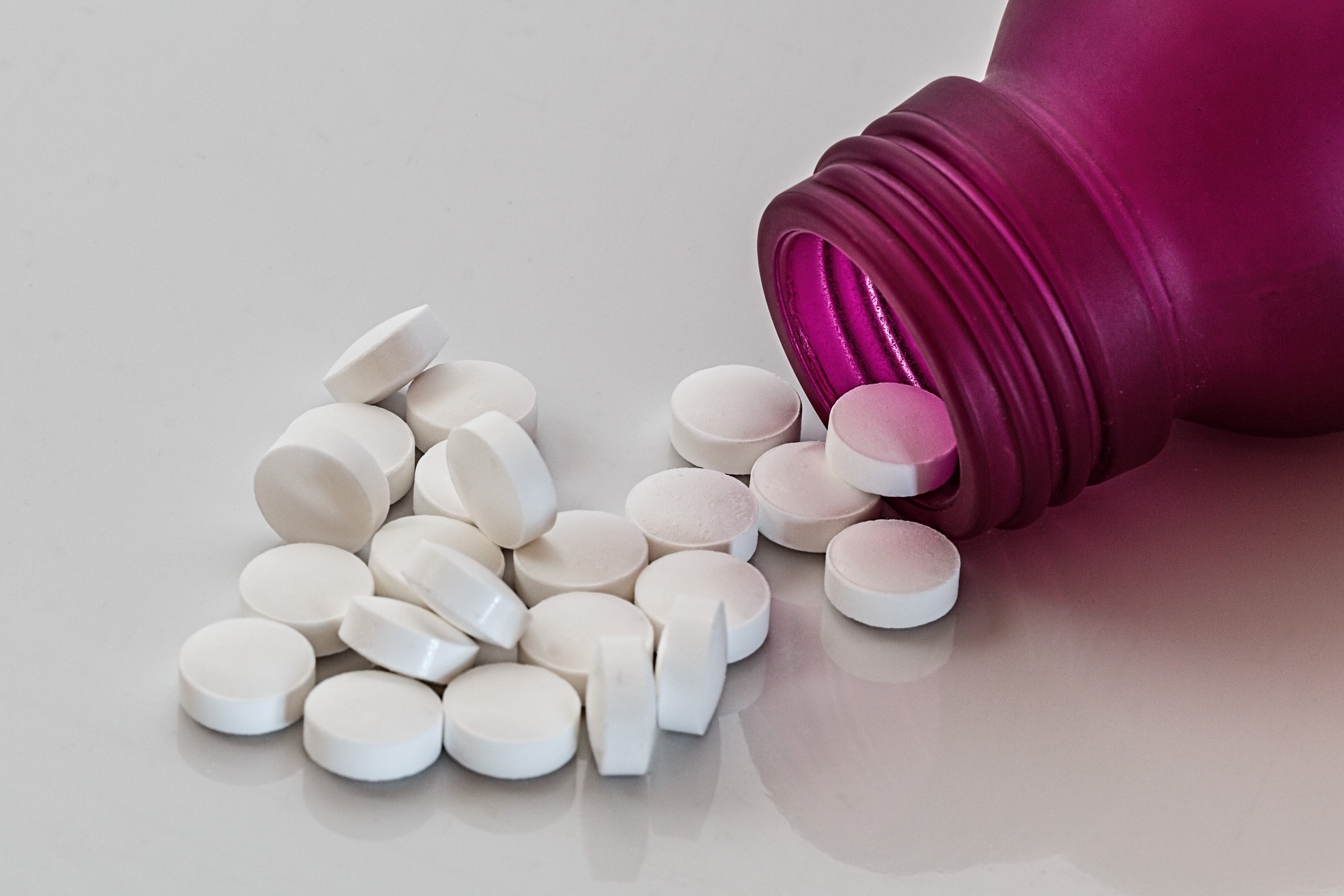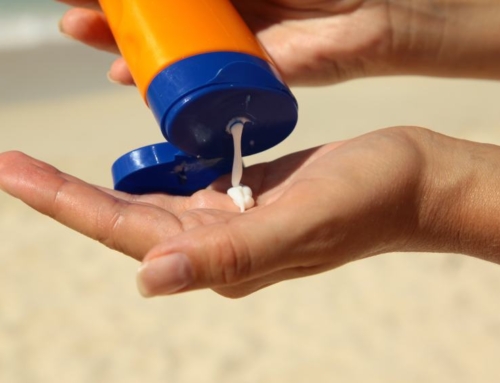One of the Ask the Doc questions submitted was- if I had to choose just four supplements which ones would I recommend. This is a hard question because if you have a certain condition I might include something very specific for that condition. When I am building a protocol for someone, I always try to tailor it to just what that person needs otherwise it can get overwhelming in an instant. So many people come in taking handfuls of supplements already and they want me to trim their list. The answer is how many pills do you want to swallow? The ingredients they have chosen are usually pretty good ones so the answer is simply explaining why you would take a particular supplement and the option is theirs but they need to include the ones they are deficient. Setting all that aside here are my top 4 that should be considered…. READ ON
-
- 1. Vitamin D– I love vitamin D. It is a hormone that is good for your brain, bones, mood, thyroid and is a key nutrient in many processes. I only recommend D3 and if you take any units higher than 2000IU then you need to make sure it has K2 in the same capsule to balance it. Vitamin D helps move calcium and the K2 helps guide the calcium to your bones rather than accumulating deposits in your arteries. I prefer dosing based on actual blood levels but as a general rule most people could take around 5000 IU during winter months and 2000 IU during summer months. Vitamin D is fat soluble so it can accumulate and has been reported to have some toxic effects if levels are too high so don’t just load up on this. More is not always better. This is one I put in a category of know your number!
-
- 2. B complex – notice I didn’t say B12. The B nutrients like to be with their family: all the “baby B’s” which include B1, B2, etc , B9 which is folate and B12. I prefer ones that have methylated B12 and methylfolate because they are easier for the body to use. If you have a MTHFR SnP which is an enzyme that processes folate you may not be able to tolerate high doses of methylated folate/b12. Again, know your B12 level and this will help guide the supplement dose you need. When you look at your labs, I prefer to have a level above 500 and anything way below that is deficient. Low B12 can cause fatigue and brain fog and B5, B6 are key nutrients for the adrenals which are your stress glands. Again, know your number and dose accordingly!
-
- 3. Fish oil – fatty acids are building blocks of so many tissues with our brain being one of the most important! Caution – so many fish oil supplements are basically fishy in name only with very little active particles. When you look at a fish oil bottle turn it around to really understand what dose you are taking. You want to find the EPA and DHA number. EPA is more of an anti-inflammatory and good for cholesterol while DHA is more for the brain. There are different ratios of these two that you use to target different conditions and in general you really do want one that has both. If you choose one where these numbers are fairly equal then it will be a good starting point. You should be able to get around 700-800mg total of the EPA plus DHA in each capsule otherwise you will be taking a whole lot of it for it to really matter. Taking between 1000-2000mg is a good target point for overall health and dosing can go up for certain conditions. Good quality fish oil is all about the processing and what type of fish. The smaller the fish the less contamination of heavy metals so anchovies and sardines are often selected. Krill is another one but as good as it is I really struggle with the sustainability of this industry as this is a huge food source for our whales. Believe it or not many of our fish are not only contaminated with heavy metals but they are contaminated with radiation. Quality products actually do their best to eliminate these from the products. Bottom line – bargain basement fish oil might just not be a bargain. You can also measure your fatty acids thru DLO/Quest to make sure you have enough but I use other markers like your triglycerides to help guide dosing more than the fatty acid test. A fasting triglyceride over 75 or non-fasting over 150 could benefit from some fish oil.
-
- 4. Melatonin – Honestly, I’m not sure I would have put this one on my top four list until I heard a melatonin expert speak and looked at the research. Melatonin has been studied in so many different conditions and has been used in cancer protocols for decades for its’ anti-oxidant properties. If you missed my melatonin newsletter you might want to take a peek as it goes into dosing and side-effects.
For obvious reasons, your top 4 should be tailored based on your needs. If you don’t know your levels for B12, D and triglycerides then these labs are a great place to start.
To your health,
Laura









